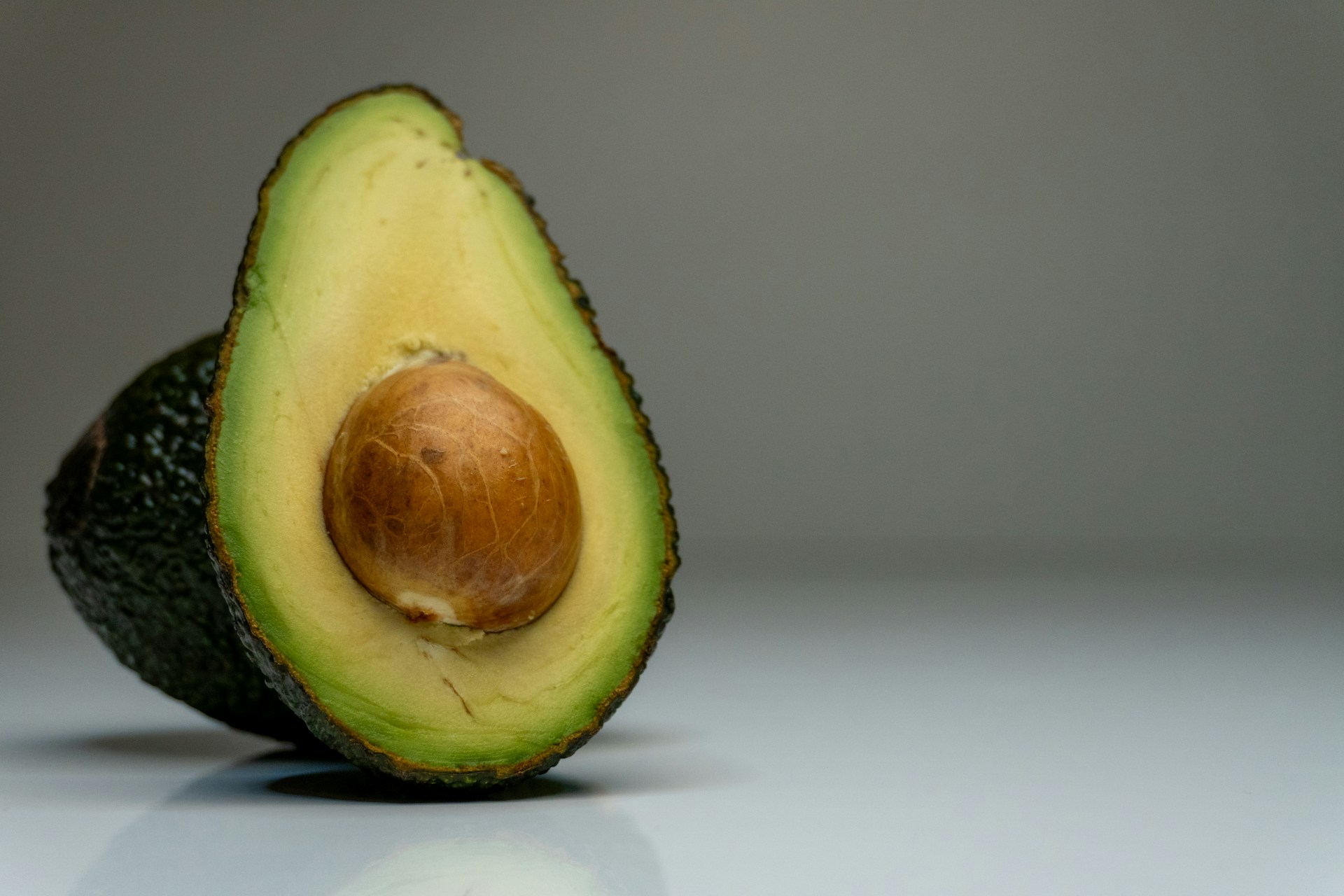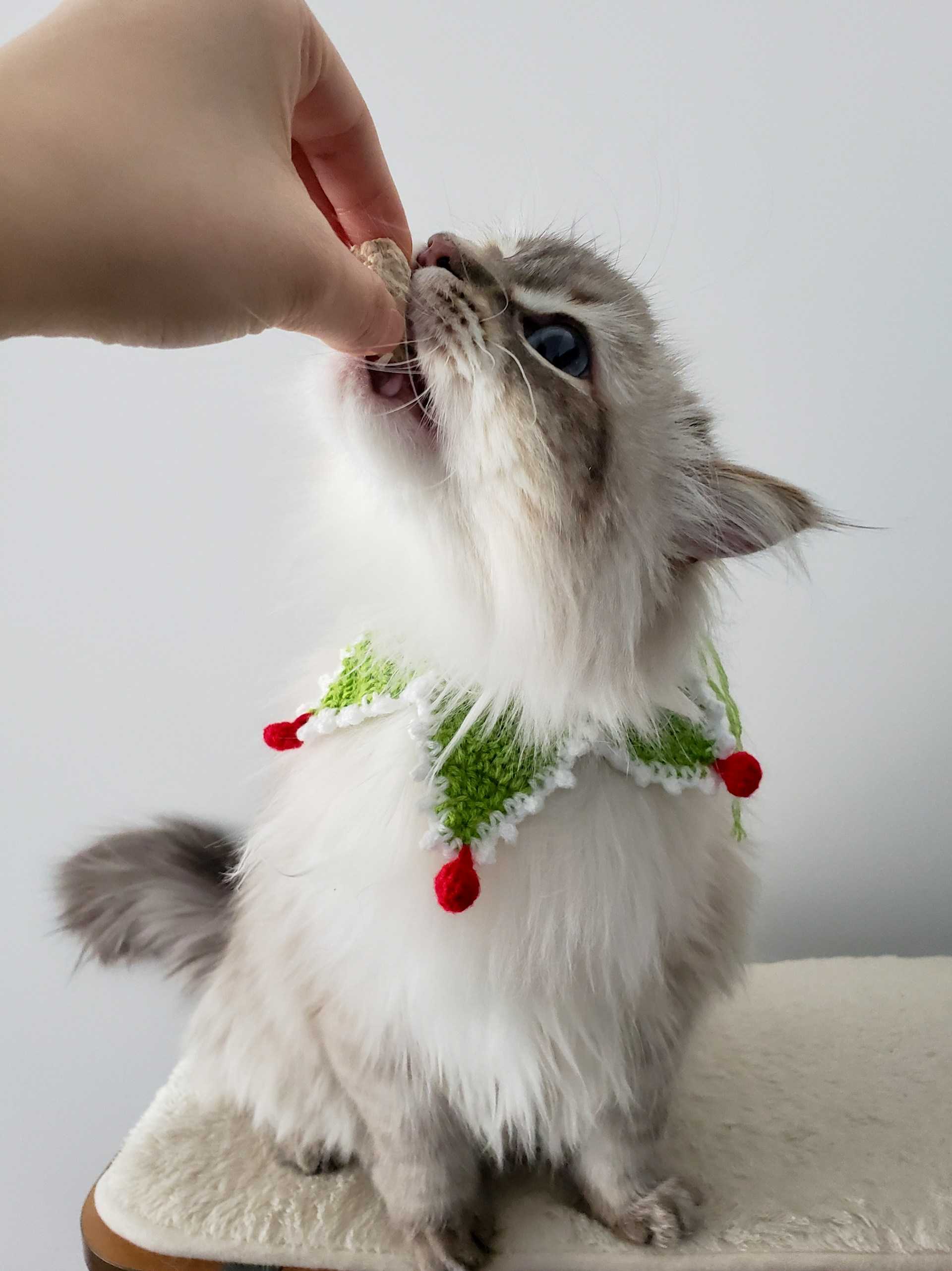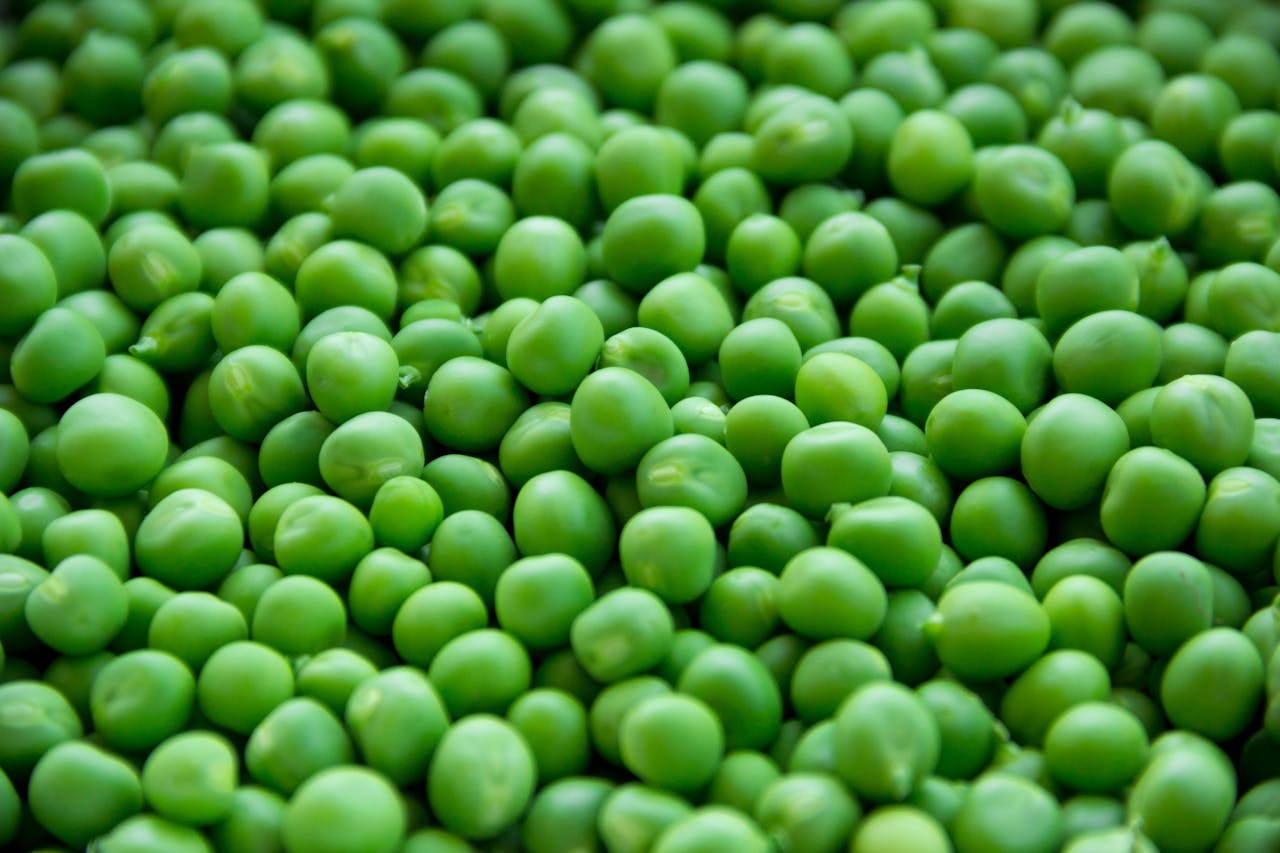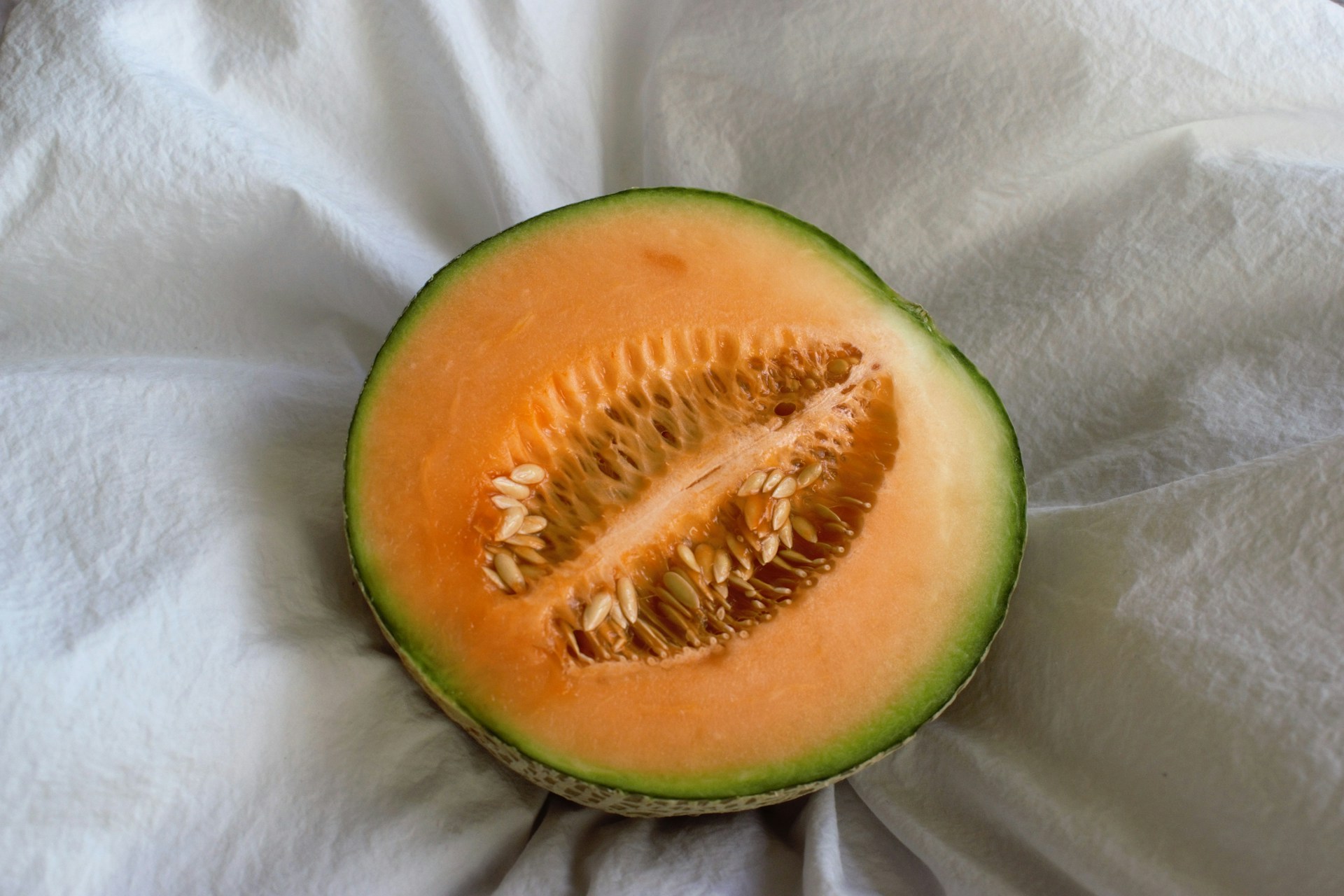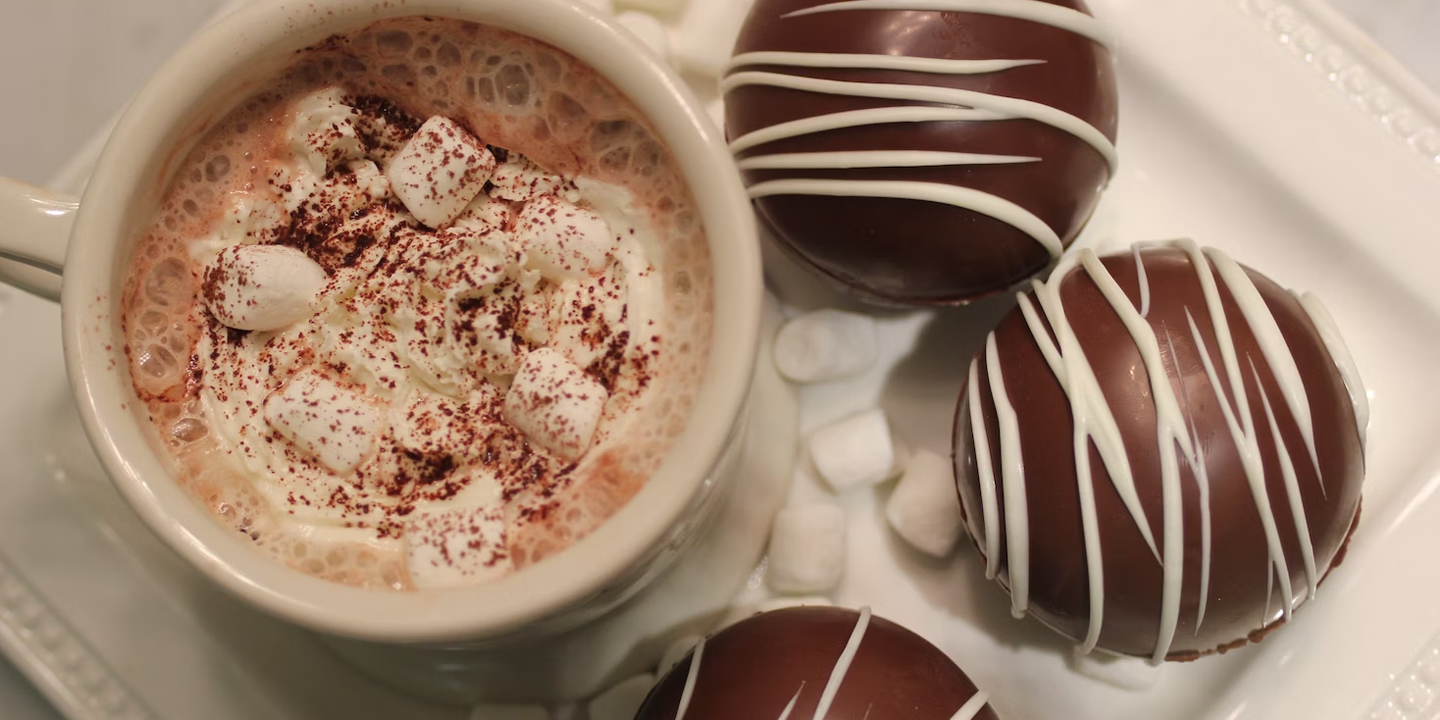As much as our cats would love a personal steak every night, their little stomachs can only handle certain people foods. Here are 10 to stop feeding them and 10 that are welcome additions!
1. Chocolate
Chocolate is just as dangerous for cats as it is for dogs; theobromine and caffeine are toxic for cats and even small amounts of it cause all kinds of health problems. Any consumption can cause vomiting or seizures, and enough of it might prove fatal.
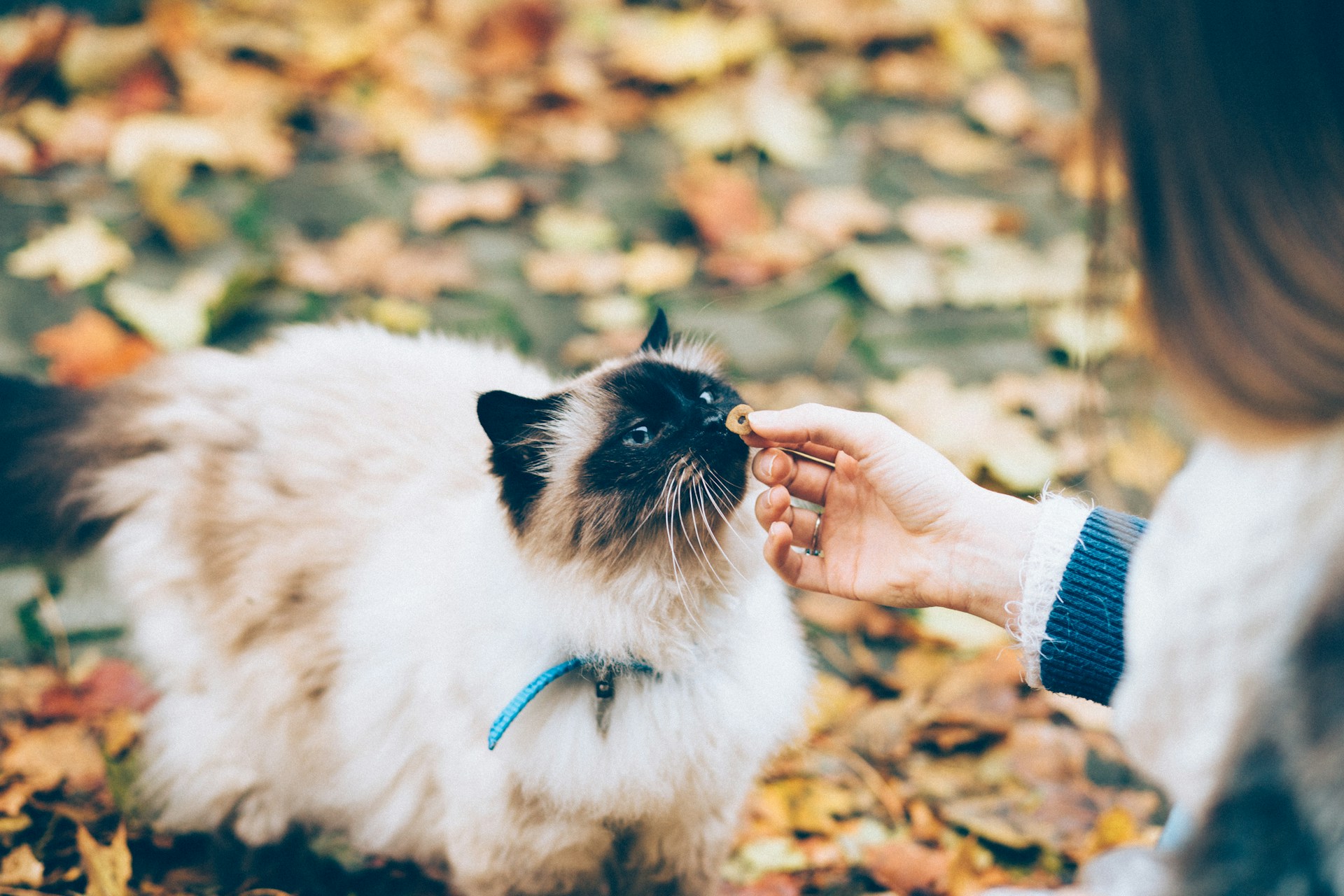 Photo by freestocks on Unsplash
Photo by freestocks on Unsplash
2. Alcohol
It should go without saying that alcohol isn’t for pets, but we’re going to say it anyway. As little as one teaspoon of alcohol leads to low blood pressure, the possibility of heart attacks, and loss of consciousness. Worse still, too much of it can be fatal.
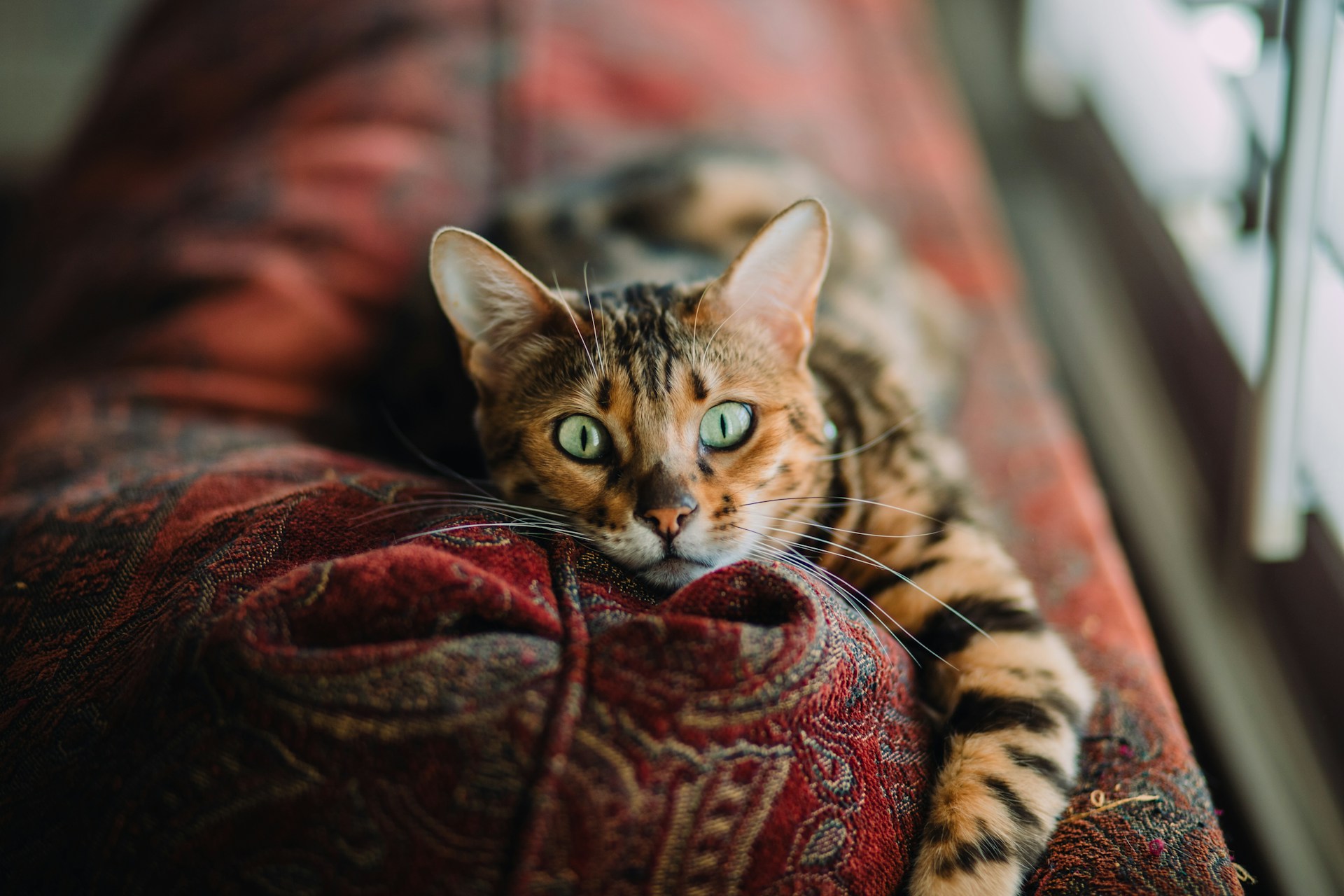 Photo by Caleb Woods on Unsplash
Photo by Caleb Woods on Unsplash
3. Caffeine
Caffeine is dangerous for cats, and it’s found in quite a few foods and drinks, which means your diligence is crucial. Coffee, tea, chocolate, and soda are some common items with caffeine, so keep your friend away to prevent symptoms like rapid breathing, heart palpitations, or even fatality.
 Photo by Kyle Glenn on Unsplash
Photo by Kyle Glenn on Unsplash
4. Citrus Fruits
The good news is that your cat probably won’t get far enough into a lemon for any serious issues, but that doesn’t make them safe. Just about every part of citrus fruits from their flesh to the leaves can cause skin irritation in cats. At the very least, they’ll have an upset stomach.
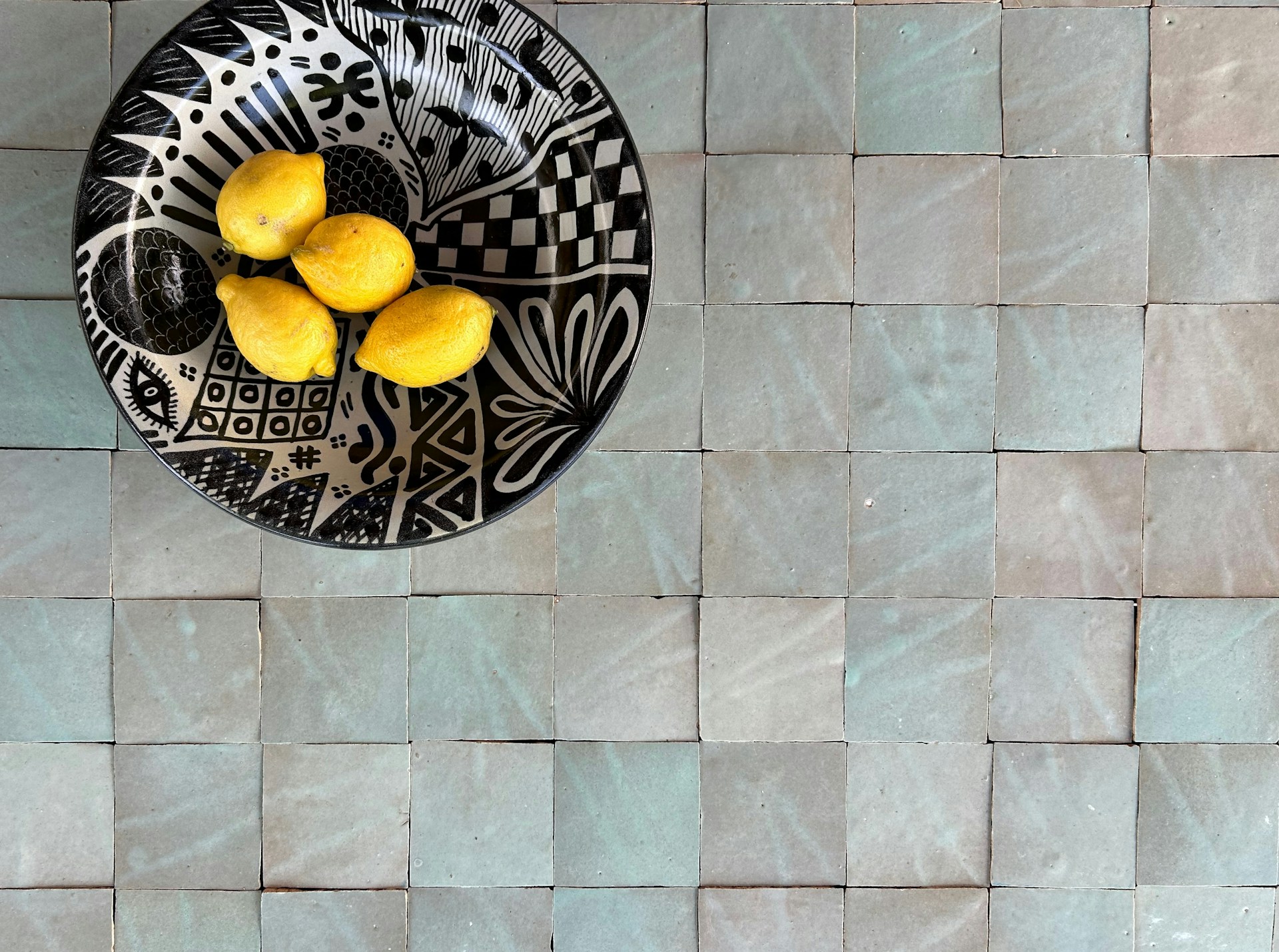 Photo by Laura Geary on Unsplash
Photo by Laura Geary on Unsplash
5. Onions and Garlic
Onion and garlic are toxic to dogs and cats—raw or cooked, these two foods can upset stomachs or interfere with their red blood cells, leading to anemia. A small quantity probably isn’t enough for significant damage, but enough of it spells trouble.
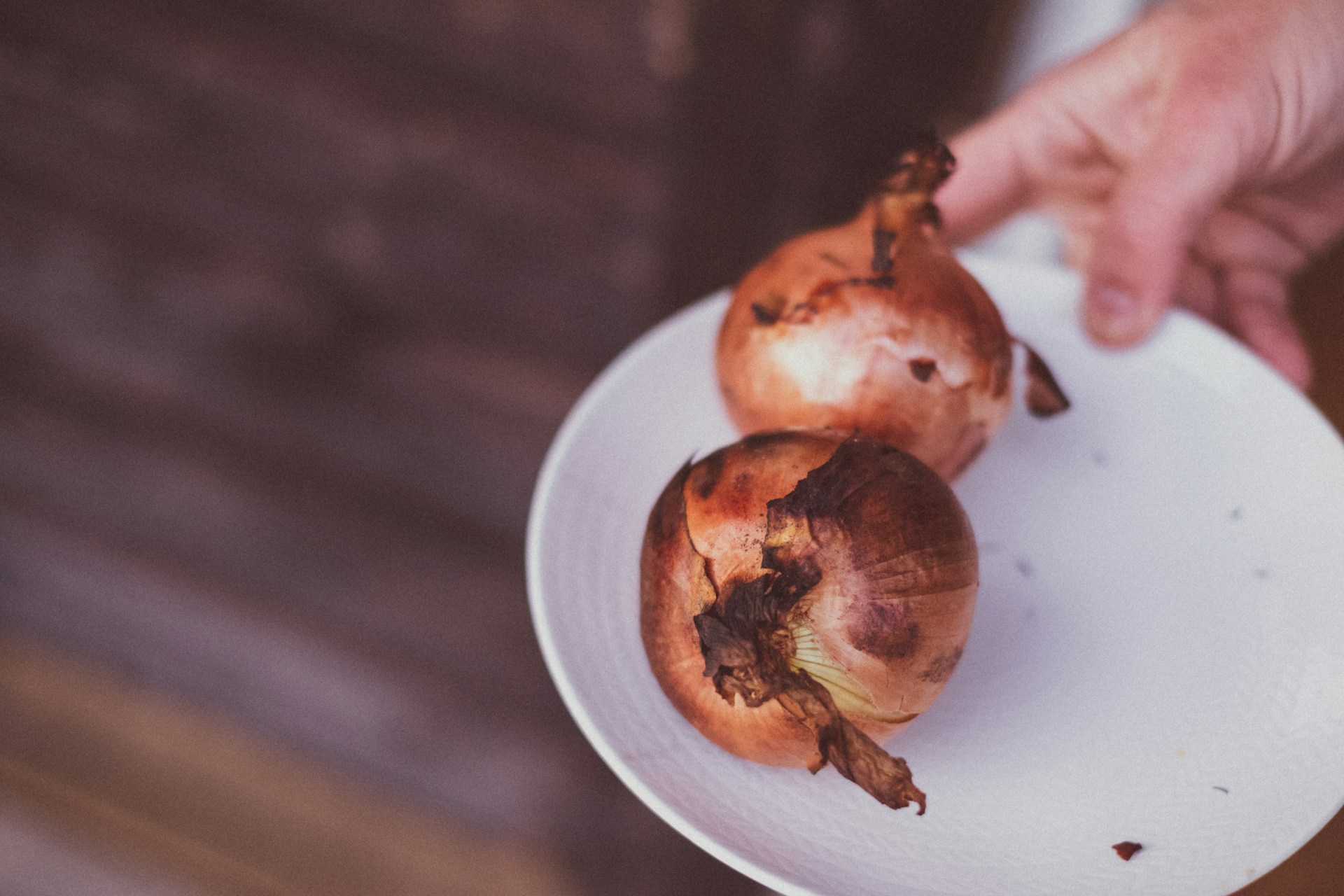 Photo by Stockholm Paris Studio on Unsplash
Photo by Stockholm Paris Studio on Unsplash
6. Avocado
Avocado is a superfood for people, not cats. Our feline friends can’t handle the persin in avocados, often vomiting or suffering diarrhea if ingested. Avocados can also trigger allergic reactions in some cats, so they’re best left tucked away.
7. Fat Trimmings
It might not seem like a big deal to give your cat a little fat, but those trimmings could very easily cause pancreatitis. Whether it’s cooked or raw, steer clear so your cat doesn’t experience any weight gain, vomiting, or diarrhea.
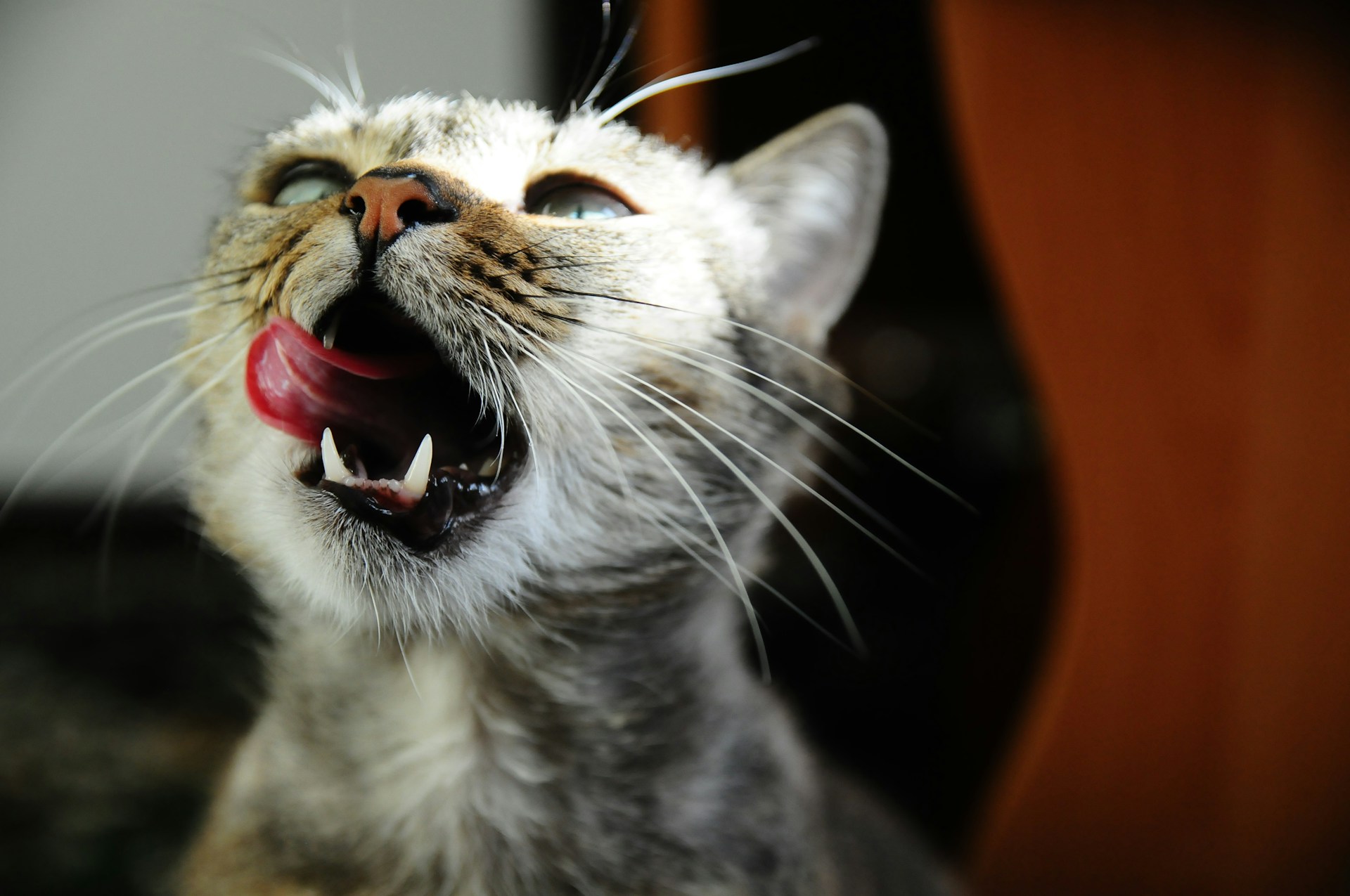 Photo by Olena Somak_ua on Unsplash
Photo by Olena Somak_ua on Unsplash
8. Dairy Products
It’s an ugly rumor that cats like milk—and a dangerous one. Most cats are lactose intolerant, so you can imagine what trouble stems from dairy products. The sad reality is that dairy causes vomiting, diarrhea, and other digestive problems for your feline friend.
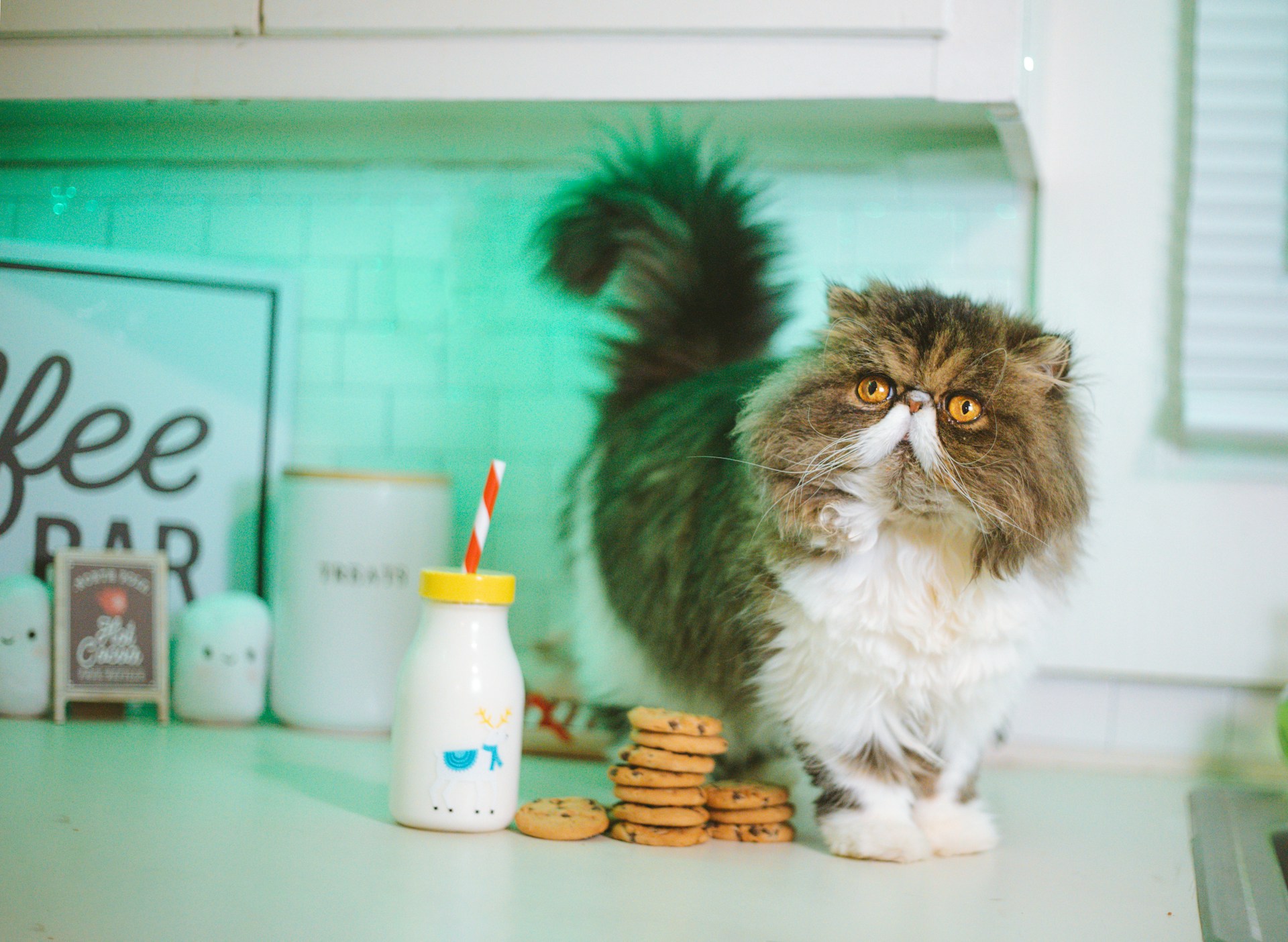 Photo by Reba Spike on Unsplash
Photo by Reba Spike on Unsplash
9. Tuna
Another rumor is that cats and tuna go hand-in-hand; while canned tuna isn’t awful on occasion, too much of it can lead to GI upset because it lacks essential nutrients for your pet. Tuna is also pretty calorie-heavy for cats, so it shouldn’t be a regular treat either.
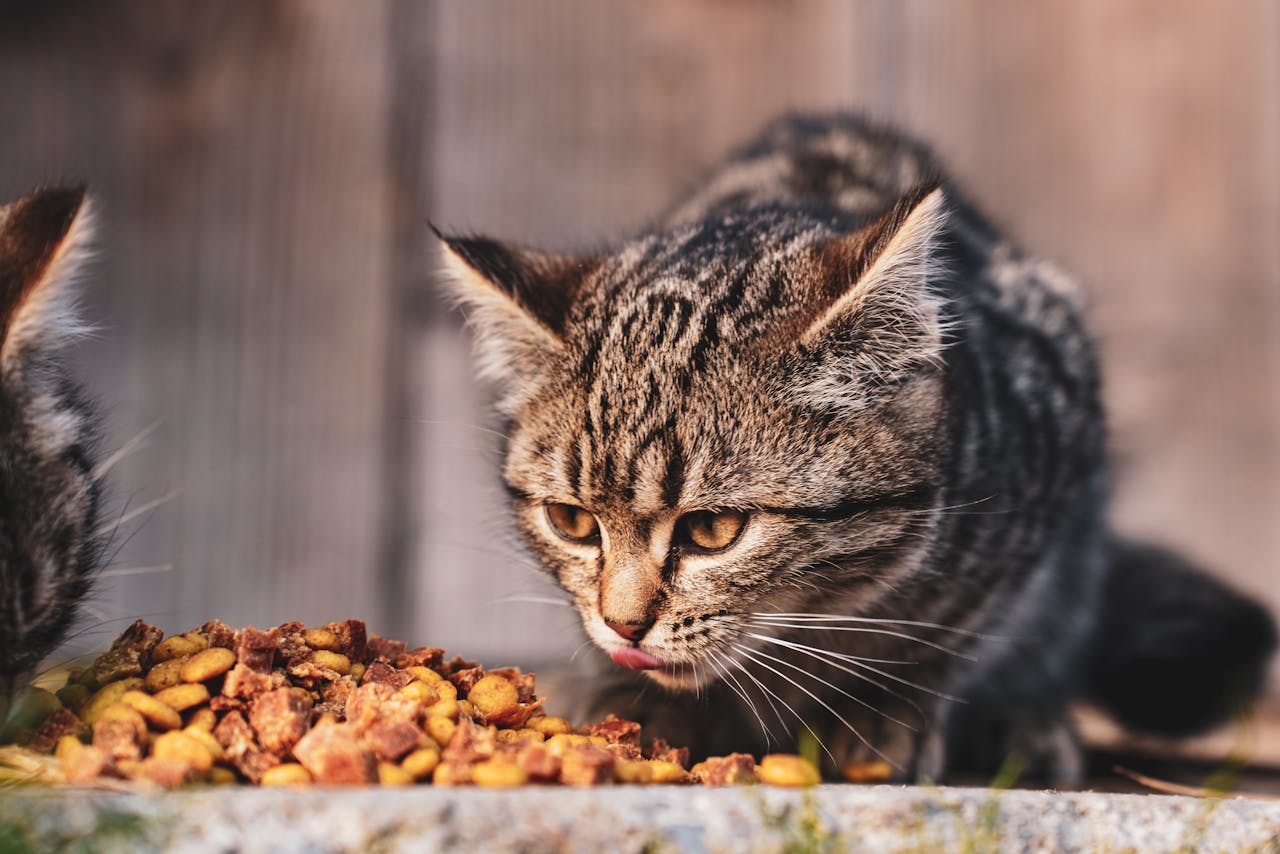 Photo by Vladimir Srajber on Pexels
Photo by Vladimir Srajber on Pexels
10. Grapes
Even a small amount of grapes or raisins wreak havoc on cats’ kidneys. Cats may feel lethargic after ingestion, vomit, or suddenly have increased thirst. It’s not exactly clear how many it takes to cause serious problems, but they’re best avoided anyway.
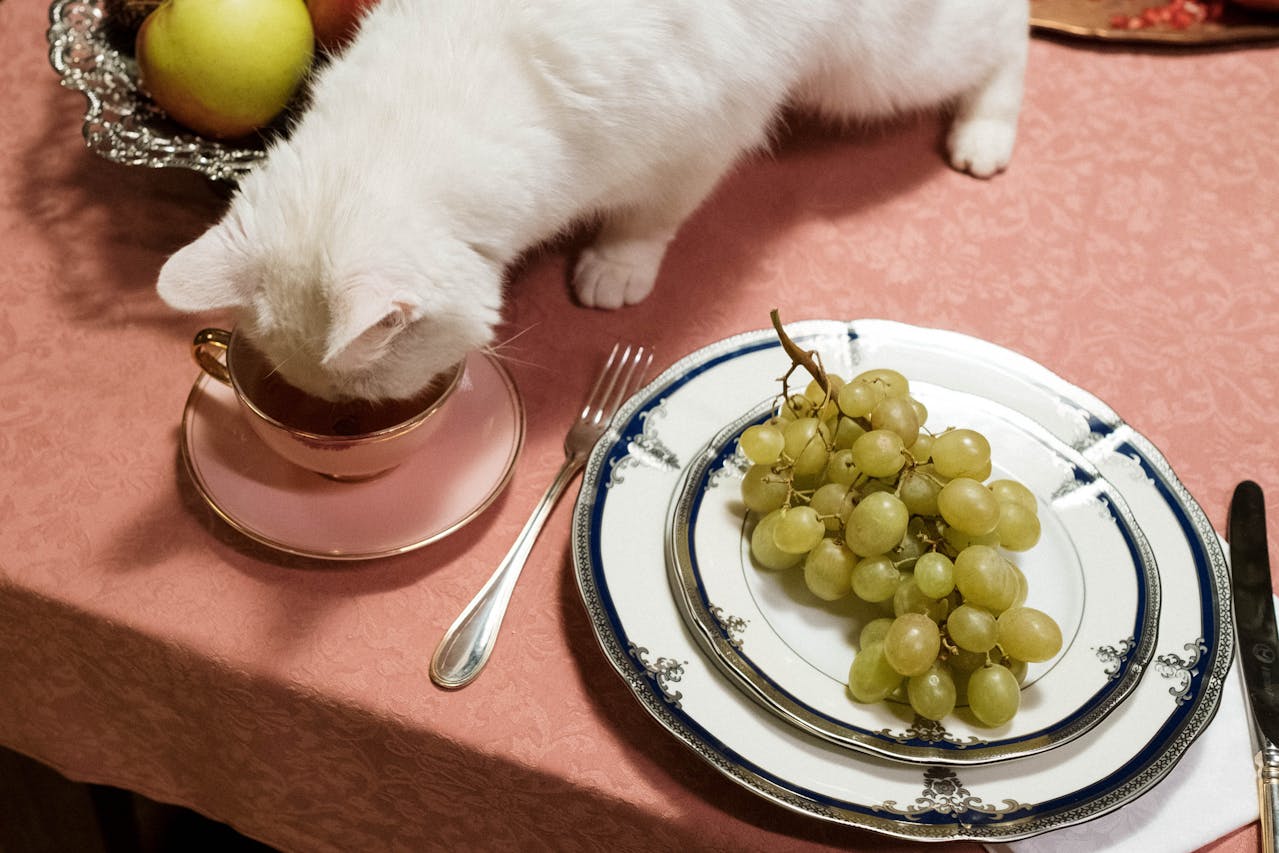 Photo by cottonbro studio on Pexels
Photo by cottonbro studio on Pexels
However, not all people foods are bad for cats! Let’s dive into which ones are perfectly safe for your furry friend.
1. Cooked Lean Meats
Cooked chicken, salmon, and turkey are not only safe for felines, but they’re also rich in protein. Salmon, in particular, benefits your cat’s coat and skin and comes with all kinds of omega-3 fatty acids. Just make sure these lean meats are thoroughly cooked and bone-free before serving.
2. Peas
Peas are loaded with vitamins and minerals, fiber, and iron, making them an ideal treat for cats. Stick with pureed or steamed peas without any seasoning for the healthiest result and be sure you don’t feed them too many.
3. Green Beans
Green beans are a low-calorie food for humans and cats alike! They’re rich in fiber and vitamins and can also help felines with weight management issues. In addition to their fiber, green beans also promote digestive health and provide iron and calcium.
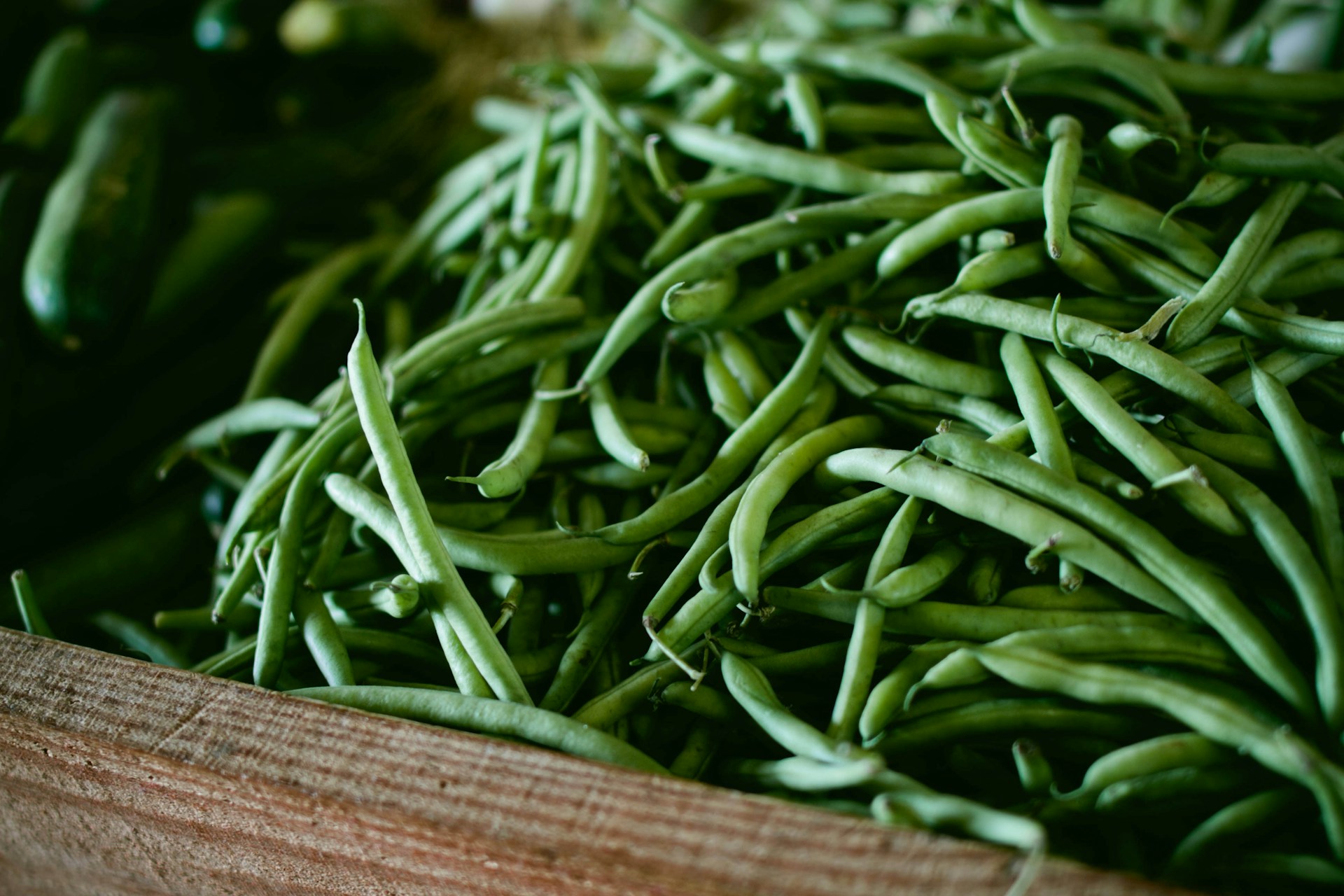 Photo by Sonja Langford on Unsplash
Photo by Sonja Langford on Unsplash
4. Blueberries
Though safe, cats should only consume blueberries in moderation. They’re packed with antioxidants and vitamins, but too many could also cause GI upset in some cats. For the most part, though, they’re a perfectly healthy treat—just be sure to slice them into more manageable pieces.
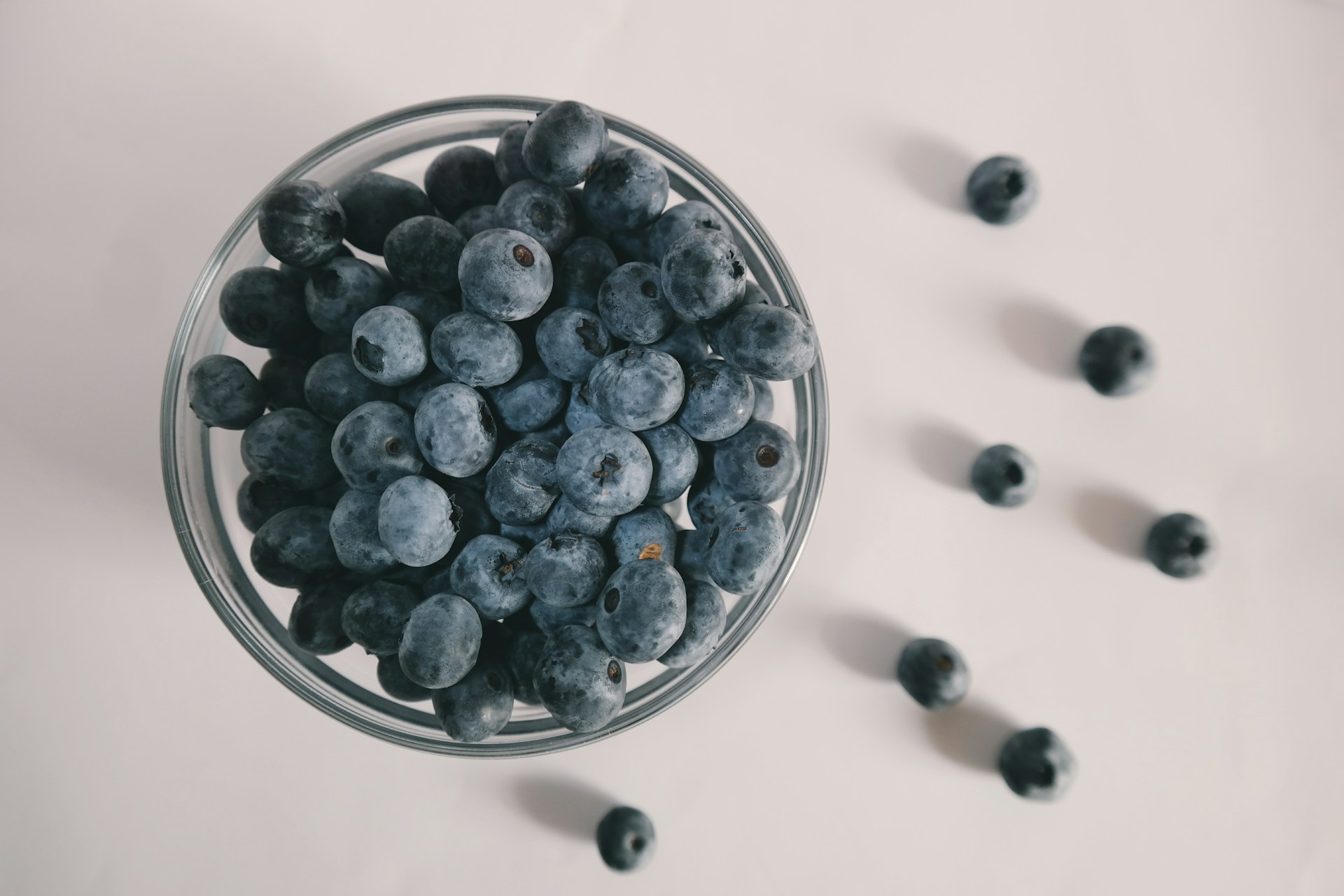 Photo by Brigitte Tohm on Unsplash
Photo by Brigitte Tohm on Unsplash
5. Carrots
Your furry friend will likely love carrots, so there’s no shame in letting them have a nibble. Carrots have all sorts of vitamins and fiber that help your cat maintain a healthy diet, just cook and cut them into smaller pieces to avoid choking.
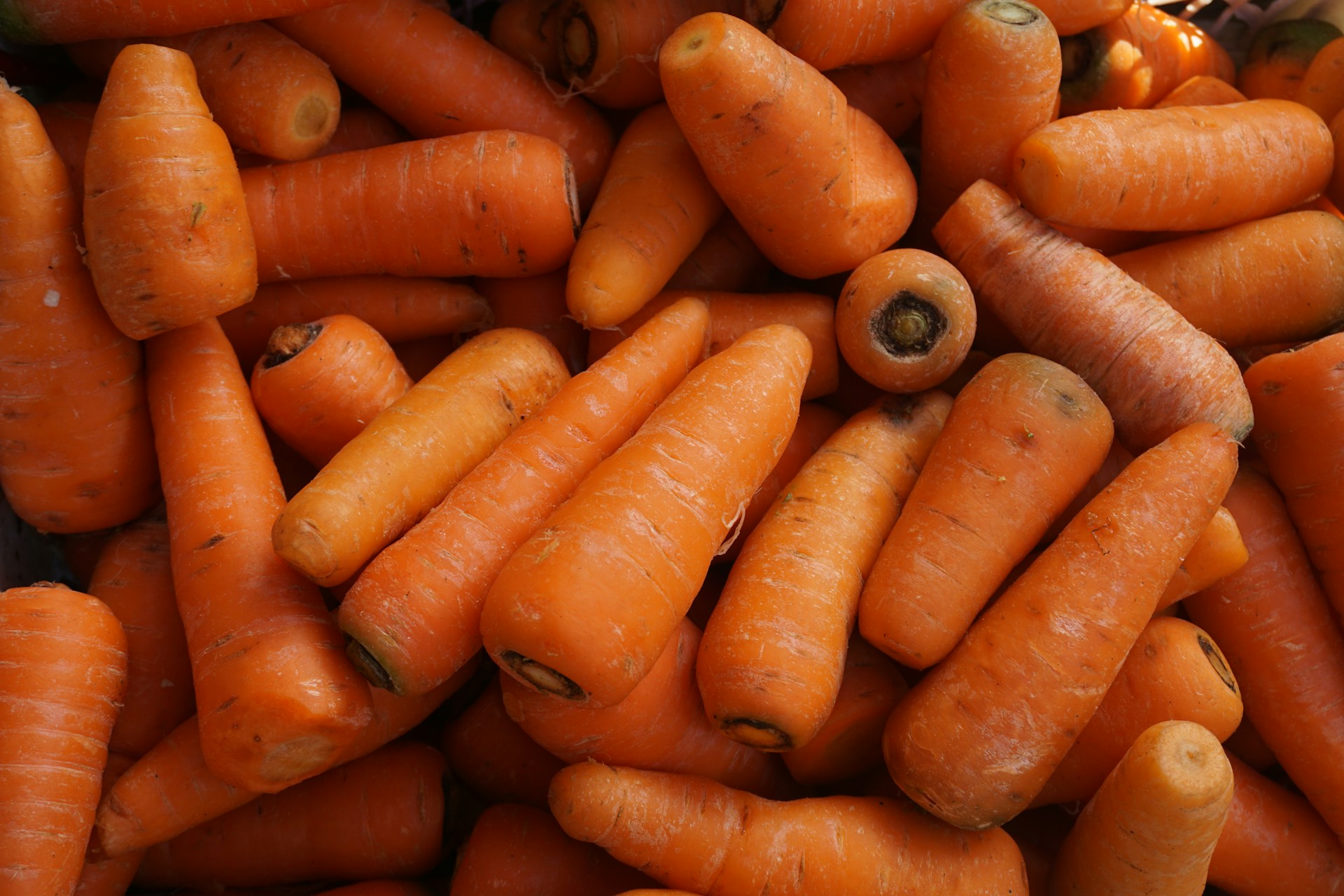 Photo by Syauqy Ahmad on Unsplash
Photo by Syauqy Ahmad on Unsplash
6. Pumpkin
Pumpkin soothes GI upset in dogs and cats alike; plain, cooked pumpkin is an excellent source of fiber and vitamins. If you plan on giving your furry friend this food, make sure it’s 100% pumpkin puree and not pumpkin pie filling.
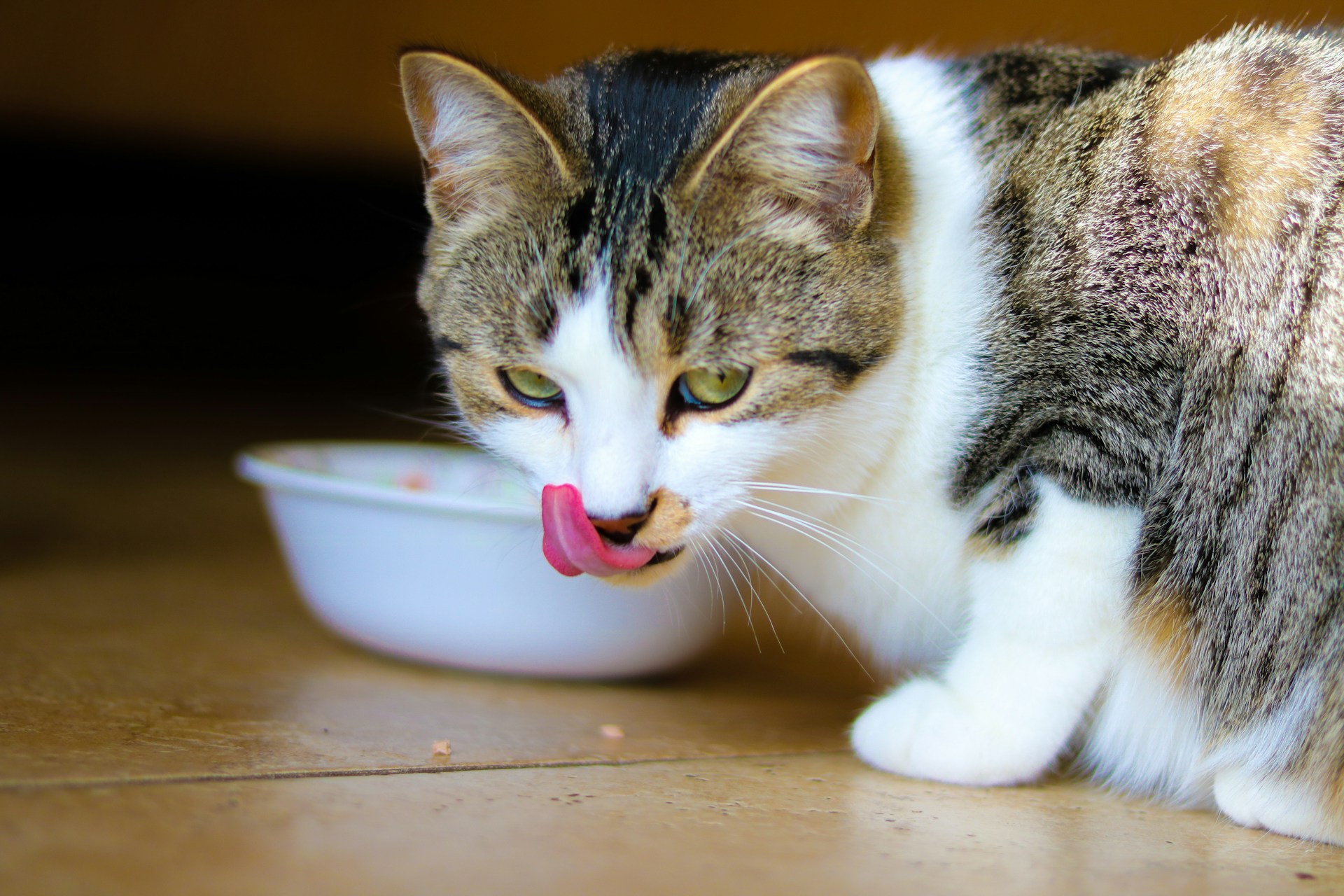 Photo by Abeer Zaki on Unsplash
Photo by Abeer Zaki on Unsplash
7. Zucchini
This low-calorie veggie provides vitamins and fiber for your cat, making it a solid choice for their diet. Don’t season it and make sure you cook it beforehand because raw zucchini is a little harder for cats to digest.
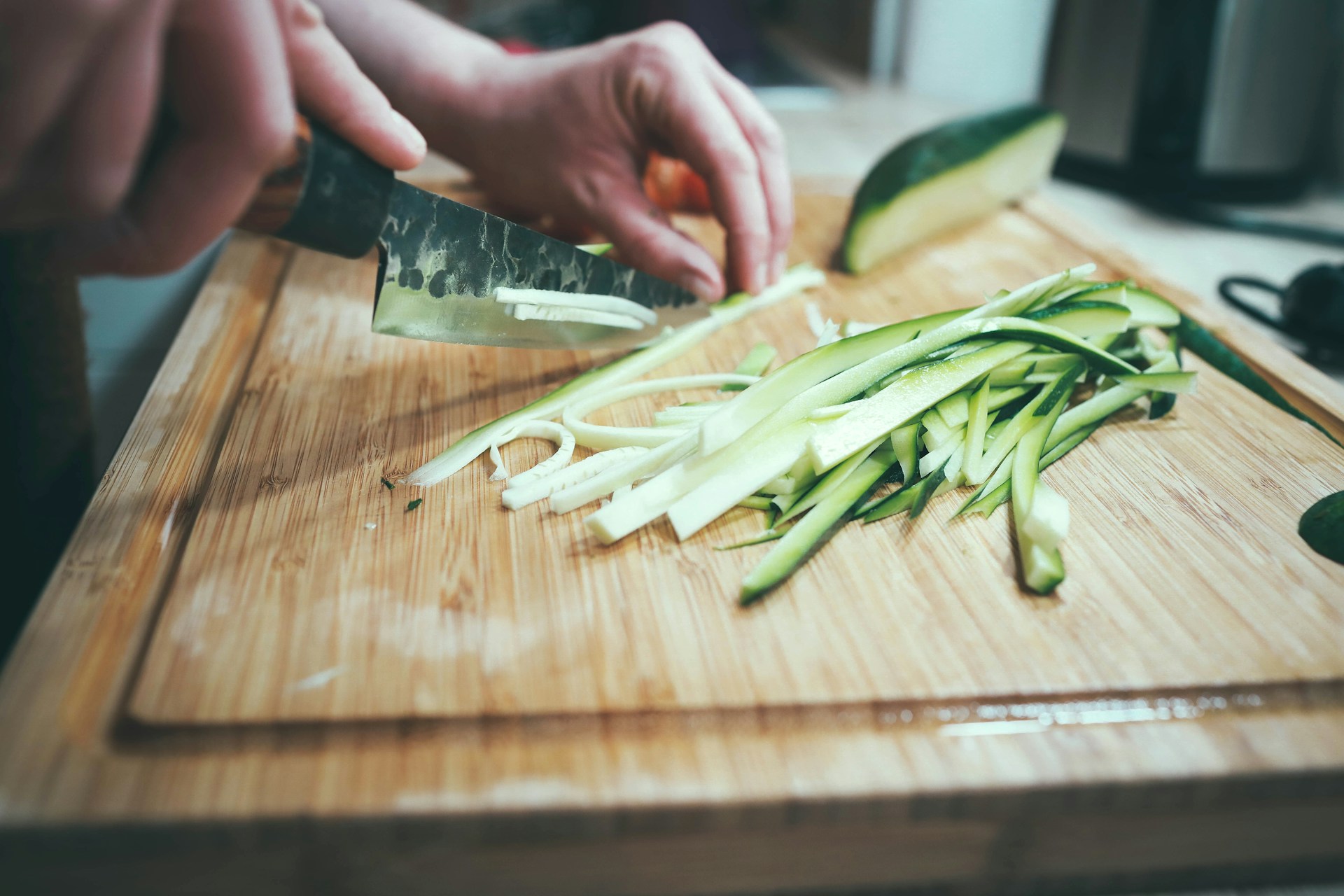 Photo by Igor Miske on Unsplash
Photo by Igor Miske on Unsplash
8. Eggs
Raw eggs might be a terrible choice for cats, but cooked eggs are chock full of protein and vitamins. They help your furry friend maintain healthy skin and fur and are also pretty easily digested. Boil or scramble them without any seasoning for the safest result.
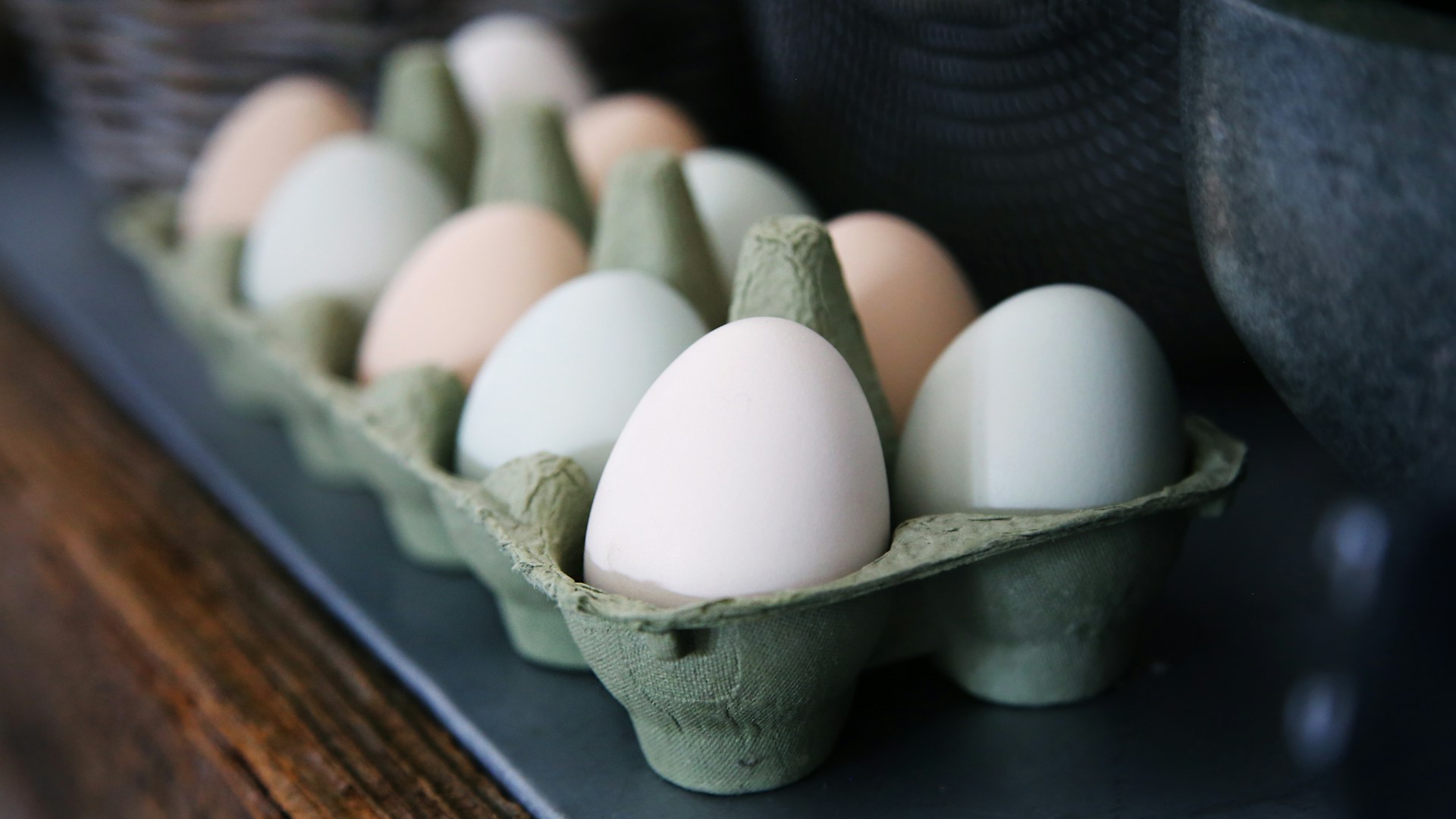 Photo by Caroline Attwood on Unsplash
Photo by Caroline Attwood on Unsplash
9. Broccoli
So long as you serve broccoli in smaller pieces, this veggie provides a healthy amount of fiber and vitamins for your cat. Don’t feed them broccoli too often, though, because cats are carnivores at heart and don’t really need fruits and vegetables the same way we do.
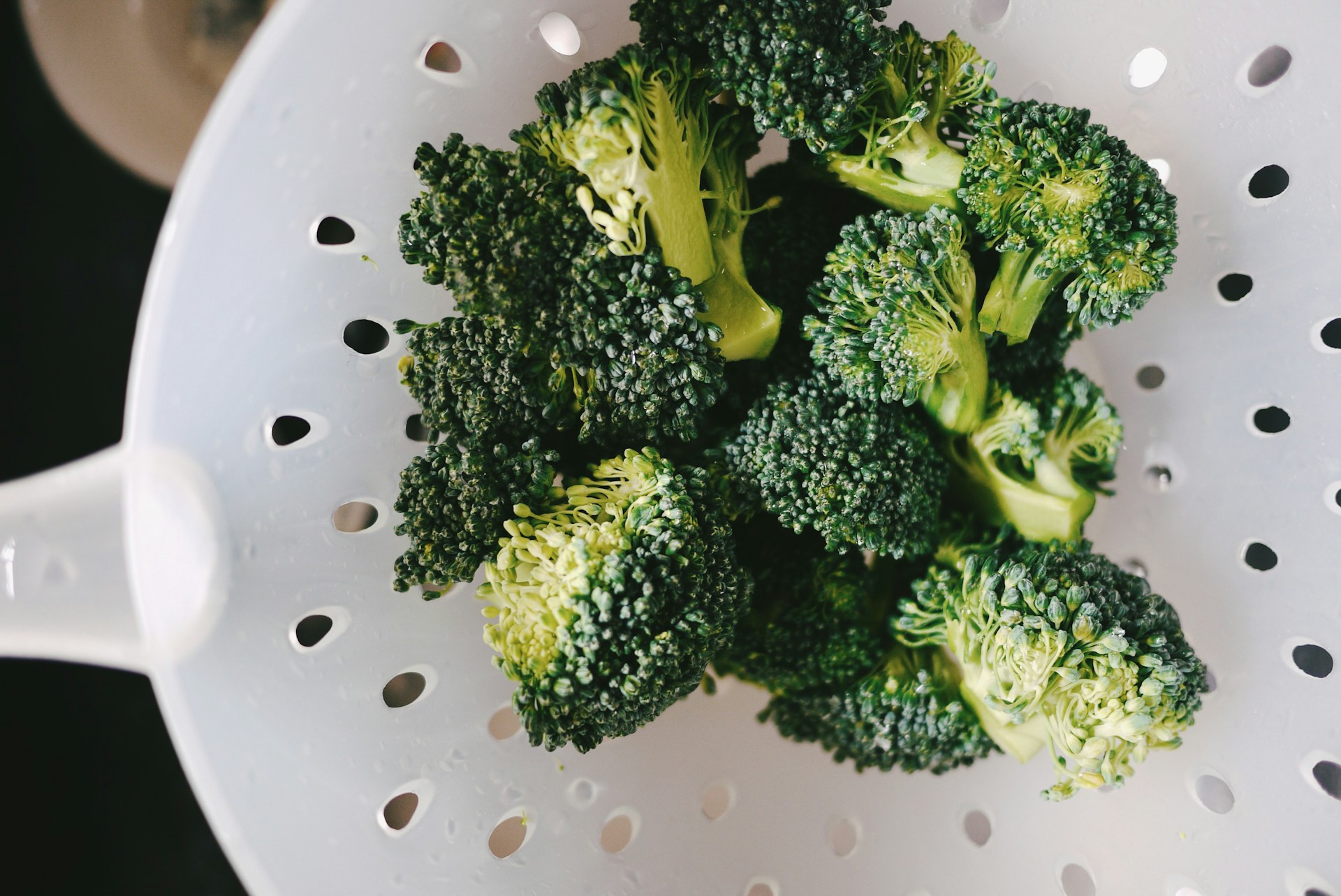 Photo by CJ Dayrit on Unsplash
Photo by CJ Dayrit on Unsplash
10. Cantaloupe
Cantaloupe is packed with vitamins A and C and plenty of antioxidants—it’s a perfectly safe low-calorie option that most cats love. The only things you have to be careful about are the rind, which upsets cats’ stomachs, and the piece sizes.


